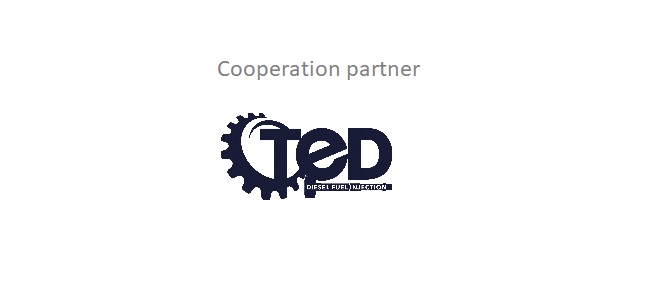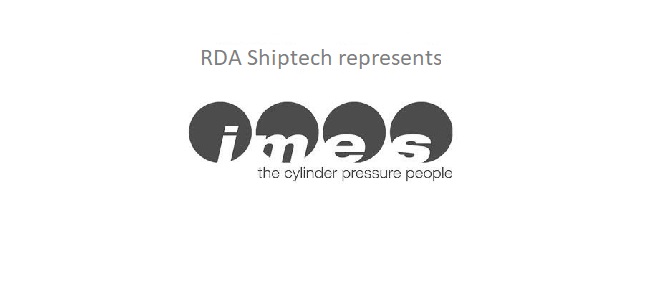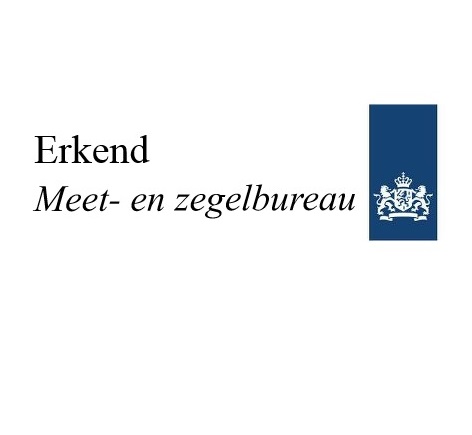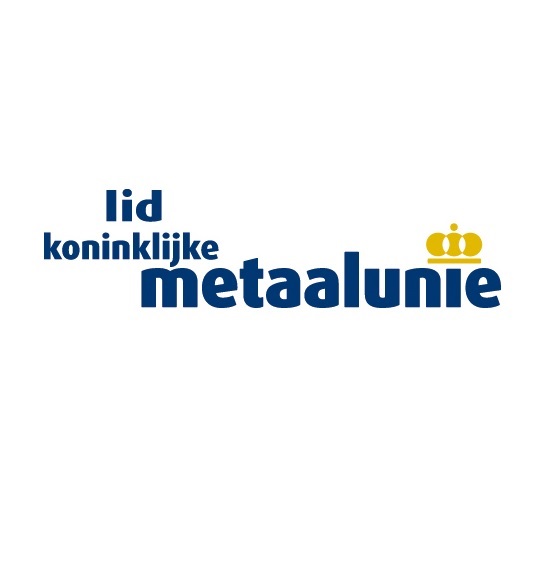Remote Visual Inspection
Remote Visual Inspection
Wij zijn al jaren dé specialist op het gebied van Remote Visual Inspection (RVI), ofwel endoscopische inspectie, van motoren en tandwielkasten in maritieme applicaties en de energiesector.
Onze surveyors werken uitsluitend met Waygate apparatuur van de hoogste kwaliteit, om ieder detail vast te leggen. Met deze endoscoopsystemen is het mogelijk afwijkingen in 3D te meten met een nauwkeurigheid van 0,01 mm, en met behulp van UV licht kunnen inwendige lekkages worden opgespoord. Wij hebben meer dan 300.000 foto’s gemaakt in motoren en tandwielkasten.
Onze klanten maken gebruik van Remote Visual Inspection van engines en gearboxes om:
- Abnormale slijtage of vroegtijdig falen van componenten op te sporen vóór de bedrijfszekerheid in gevaar komt;
- Onderhoudsintervallen te optimaliseren.
Na iedere inspectie wordt een rapport gelevers met daarin honderden foto’s, een beschrijving van de bevindingen en aanbevelingen met betrekking tot eventuele reparaties en optimalisatie van het onderhoud. Adviezen van RDA Shiptech zijn gebaseerd op een wetenschappelijke benadering van onderhoud en uitgebreide kennis van motoren en tandwielkasten.
Over onze endoscopen
Wij werken uitsluitende met Waygate Mentor Visual IQ HD en XLG-3 videoscopen. Eigenschappen van deze apparatuur die het verschil maken zijn:
- Zeer sterke verlichting;
- Uitwisselbare tip adapters om op iedere afstand een duidelijk en scherp beeld te creëren;
- Extreem nauwkeurige meetmogelijkheden (0,01 mm);
- UV licht voor lekdetectie;
- WIFI connectiviteit voor online samenwerking;
- Menu Directed Inspection (MDI) is used to guide the inspector and generate perfect repeatability.
About Condition Based Maintenance
Condition Based Maintenance (CBM) is a well established maintenance method which is applied to assets across many industries. The essence of CBM is that maintenance should be scheduled when the actual asset condition indicates that maintenance is required. CBM can only be applied to assets with components that exhibit specific failure characteristics.
RDA Shiptech participated in a two year study to evaluate how the role of Remote Visual Inspection in the Marine industry compares to the role of RVI in the Aerospace industry. (copy of study report available free of charge on request). This study found that the Aerospace industry broadly adopted Reliability Centered Maintenance (RCM). Most critical engine components are subject to a form of CBM, involving a lot of high-quality RVI inspections. The implementation of RCM has resulted in an amazing increase of reliability and a substantial reduction of maintenance costs.
The contrast to the Marine industry is shocking: Most main engines are not subject to any form of CBM at all. Although most engine components are eperfectly suitable for CBM, the systems that are being applied seldomly involve structured and scheduled borescope inspections, and generate a very marginal cost reduction for the asset owner at best.
“Conventional marine engine maintenance programs converge to excessive maintenance costs and limited reliability. Most CBM systems currently on the market for marine engines are in fact not true Condition Based Maintenace systems, but time-based maintenance systems with very limited flexibility of maintenance intervals, based on sensor data only.”
Any true CBM for marine engines should involve borescope inspections according to an adaptive schedule, to supplement sensor data with real information about the asset condition. This enables maintenance decisions to be taken based on the actual engine component condition instead of based on running hours. Unnecessary interventions, which introduce risks of failure and additional costs, can be avoided.








